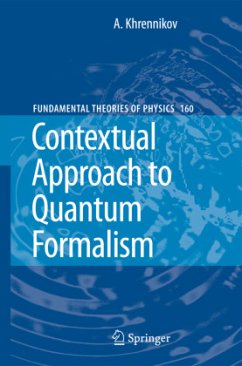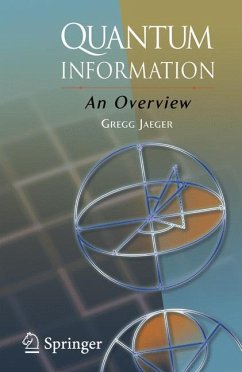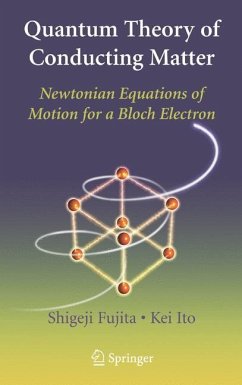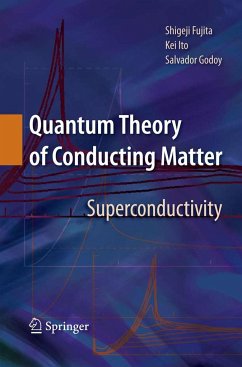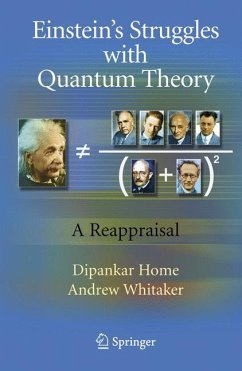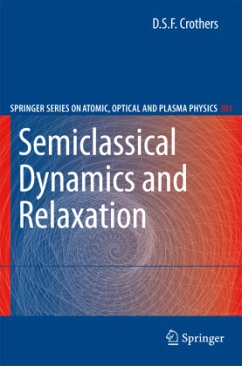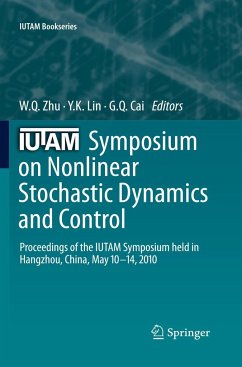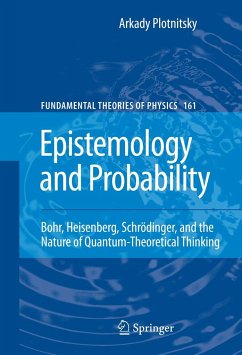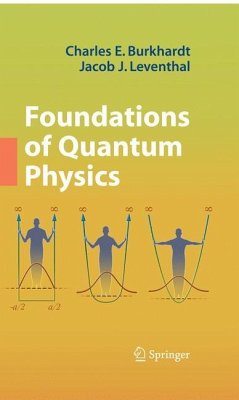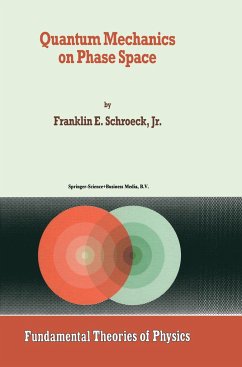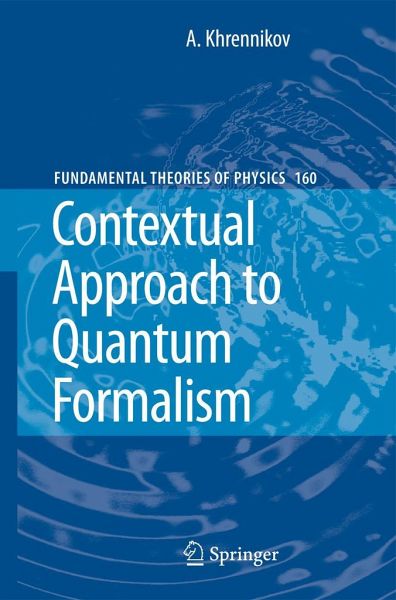
Contextual Approach to Quantum Formalism
Versandkostenfrei!
Versandfertig in 6-10 Tagen
113,99 €
inkl. MwSt.
Weitere Ausgaben:

PAYBACK Punkte
57 °P sammeln!
The aim of this book is to show that the probabilistic formalisms of classical statistical mechanics and quantum mechanics can be unified on the basis of a general contextual probabilistic model. By taking into account the dependence of (classical) probabilities on contexts (i.e. complexes of physical conditions), one can reproduce all distinct features of quantum probabilities such as the interference of probabilities and the violation of Bell's inequality. Moreover, by starting with a formula for the interference of probabilities (which generalizes the well known classical formula of total p...
The aim of this book is to show that the probabilistic formalisms of classical statistical mechanics and quantum mechanics can be unified on the basis of a general contextual probabilistic model. By taking into account the dependence of (classical) probabilities on contexts (i.e. complexes of physical conditions), one can reproduce all distinct features of quantum probabilities such as the interference of probabilities and the violation of Bell's inequality. Moreover, by starting with a formula for the interference of probabilities (which generalizes the well known classical formula of total probability), one can construct the representation of contextual probabilities by complex probability amplitudes or, in the abstract formalism, by normalized vectors of the complex Hilbert space or its hyperbolic generalization. Thus the Hilbert space representation of probabilities can be naturally derived from classical probabilistic assumptions. An important chapter of the book critically reviews known no-go theorems: the impossibility to establish a finer description of micro-phenomena than provided by quantum mechanics; and, in particular, the commonly accepted consequences of Bell's theorem (including quantum non-locality). Also, possible applications of the contextual probabilistic model and its quantum-like representation in complex Hilbert spaces in other fields (e.g. in cognitive science and psychology) are discussed.





